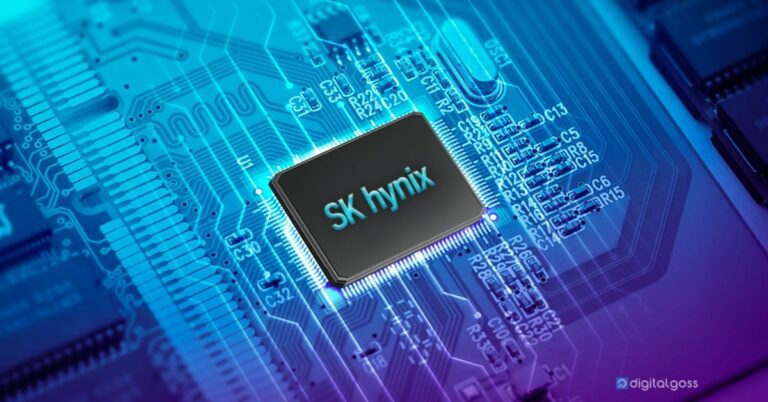South Korea’s SK Hynix, the world’s second-largest memory chip maker, has announced a monumental investment plan to bolster its chip business with a strong focus on artificial intelligence (AI). The company will pour 103 trillion won ($74.6 billion) into this endeavor by 2028, according to a recent statement by its parent company, SK Group.
This massive investment is part of SK Group’s broader strategy to secure 80 trillion won by 2026, aimed at enhancing AI and semiconductor capabilities while also funding shareholder returns. The group, which encompasses over 175 subsidiaries, plans to streamline its operations to become more competitive and efficient.
The strategic blueprint was revealed after a two-day strategy meeting, during which SK Group executives, led by Chairman Chey Tae-won, emphasized the need for preemptive and fundamental changes. The focus will be on strengthening the AI value chain, which includes developing high-bandwidth memory (HBM) chips, establishing AI data centers, and providing AI services such as personalized AI assistants.
SK Hynix, along with the group’s electric vehicle (EV) battery division, has faced significant financial challenges recently. The conglomerate is aiming to revitalize its fortunes by leveraging its strengths in AI and memory chips. The investment in HBM chips is particularly crucial as these components are integral to the functioning of AI applications, which require fast and efficient data processing capabilities.
Local media reports suggest that SK Innovation, another key player within the group, which owns South Korea’s largest oil refiner and battery maker SK On, might merge with the profitable gas affiliate SK E&S. Such moves are part of SK Group’s broader strategy to adjust the number of subsidiaries to a more manageable range, though specific details on the scale of reduction were not disclosed.
SK Group projects a significant financial turnaround, expecting its profit before tax to reach approximately 22 trillion won this year, up from a loss last year. The group aims to achieve a profit before tax of 40 trillion won by 2026.
South Korea, home to leading memory chip manufacturers Samsung Electronics and SK Hynix, has recently lagged behind in areas like chip design and contract manufacturing. To address this, the South Korean government has introduced a 26 trillion won ($19 billion) support package for its chip industry. This initiative underscores the critical need for the country to stay competitive amid the intensifying global semiconductor market, described as ‘all-out warfare.’

